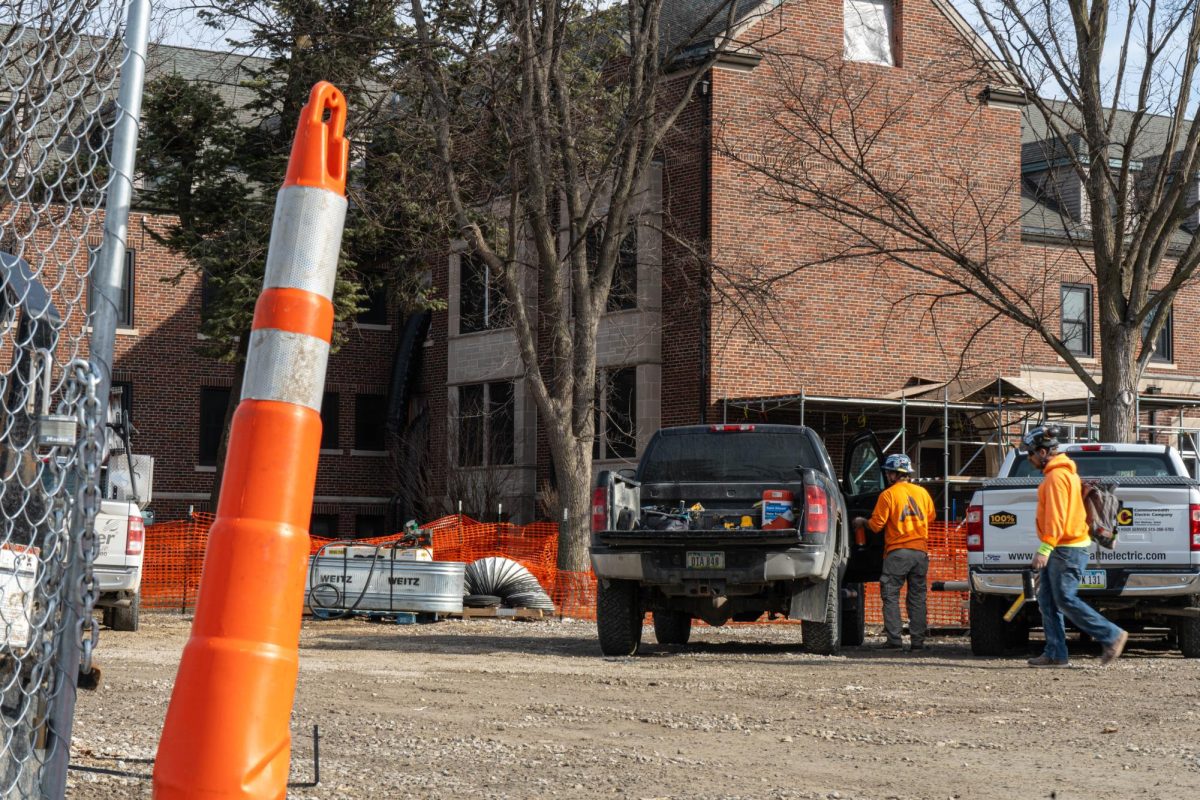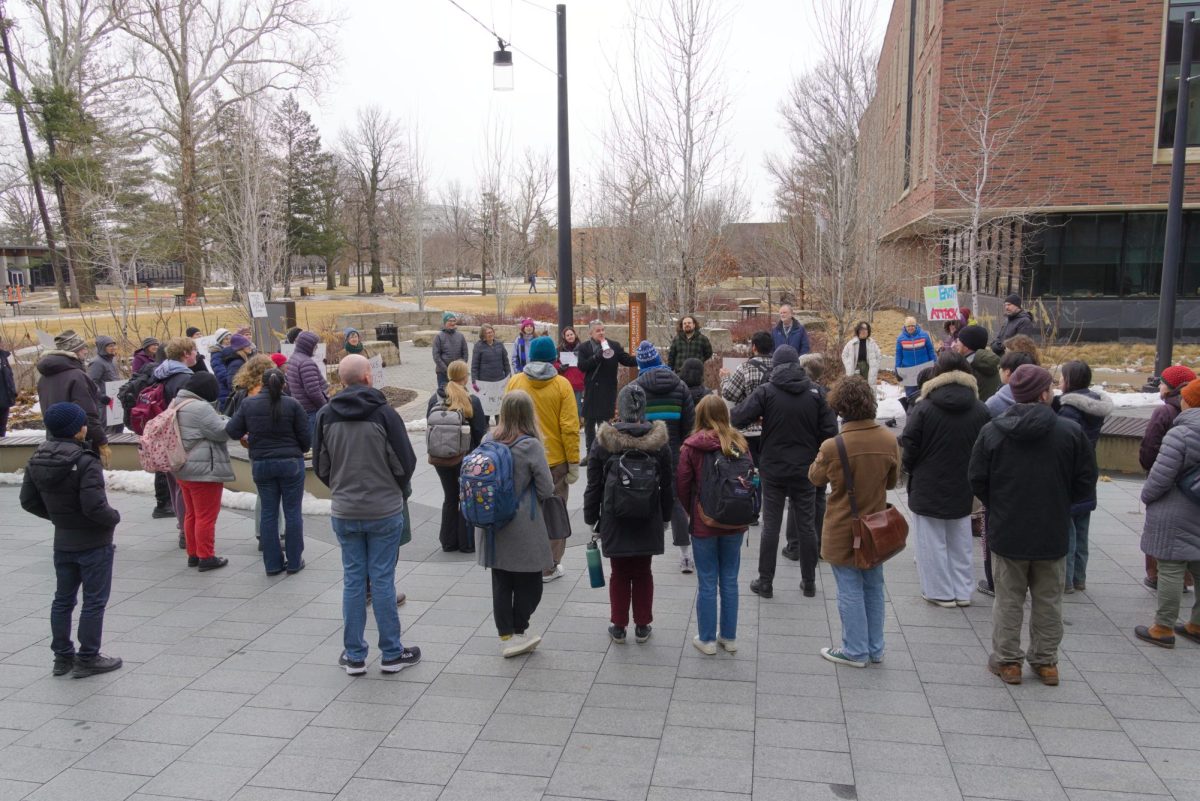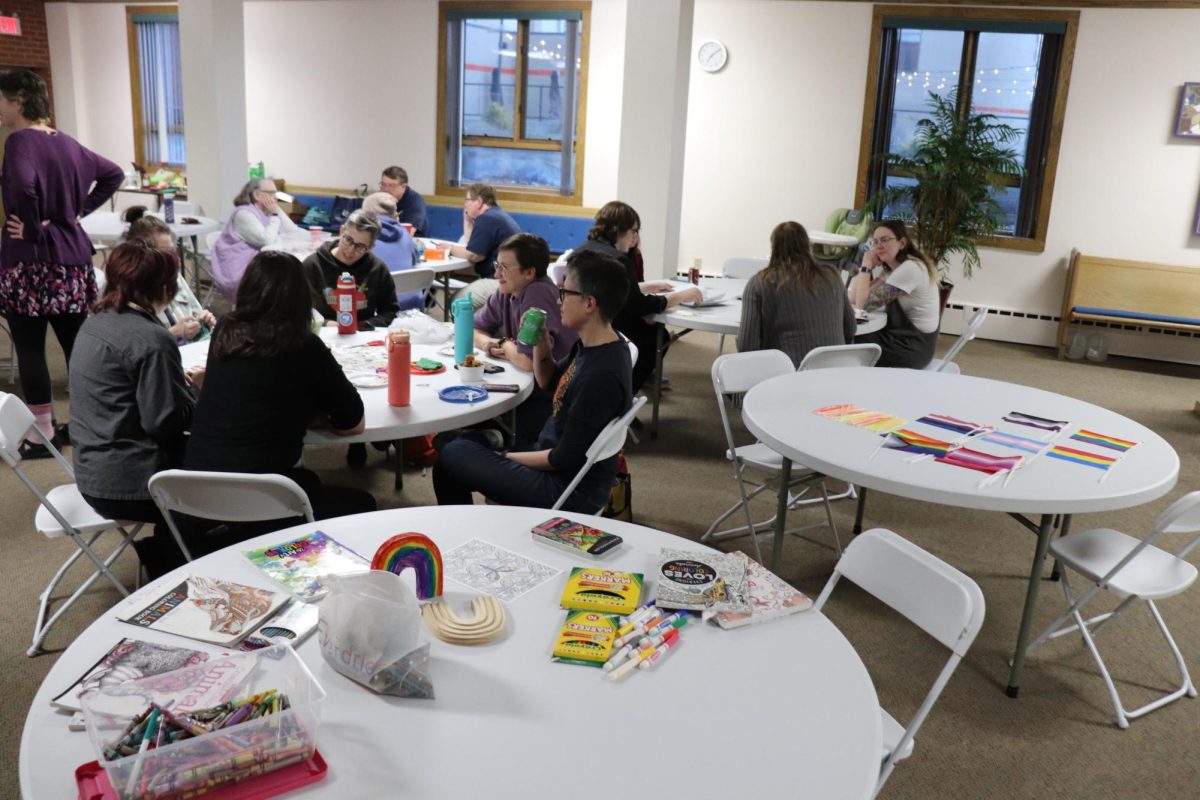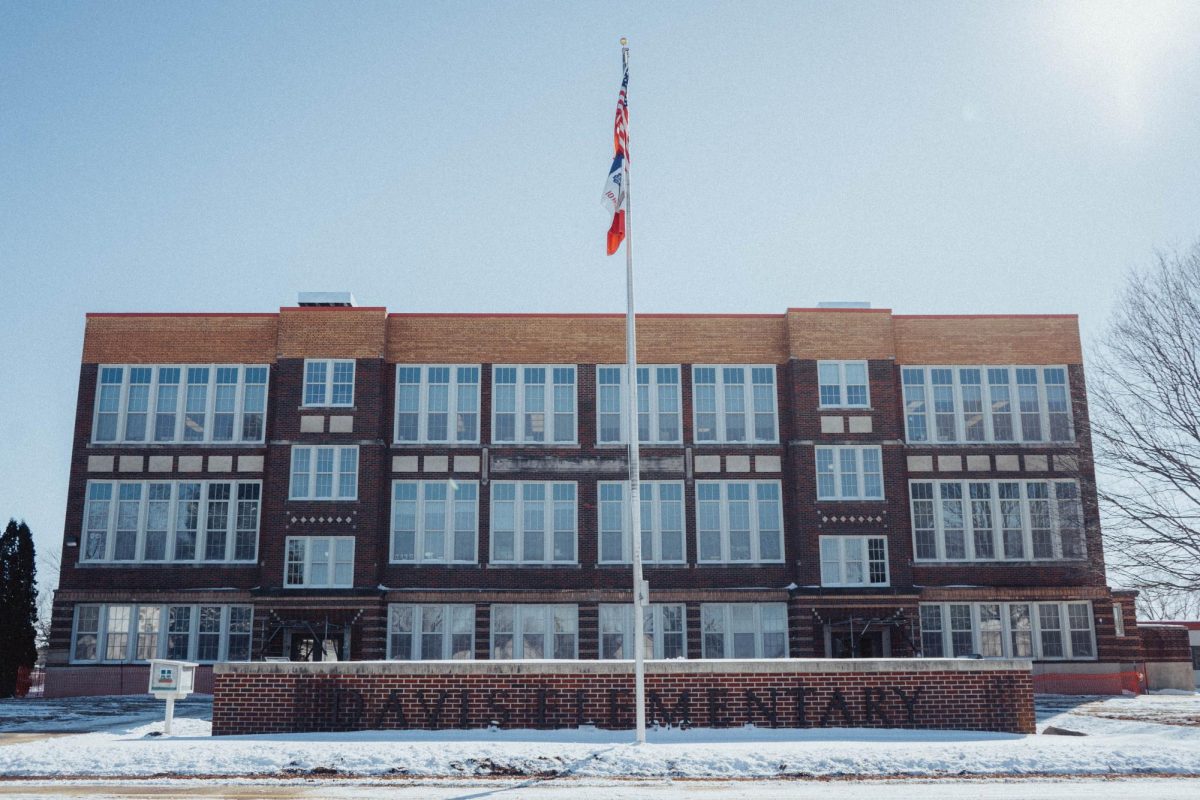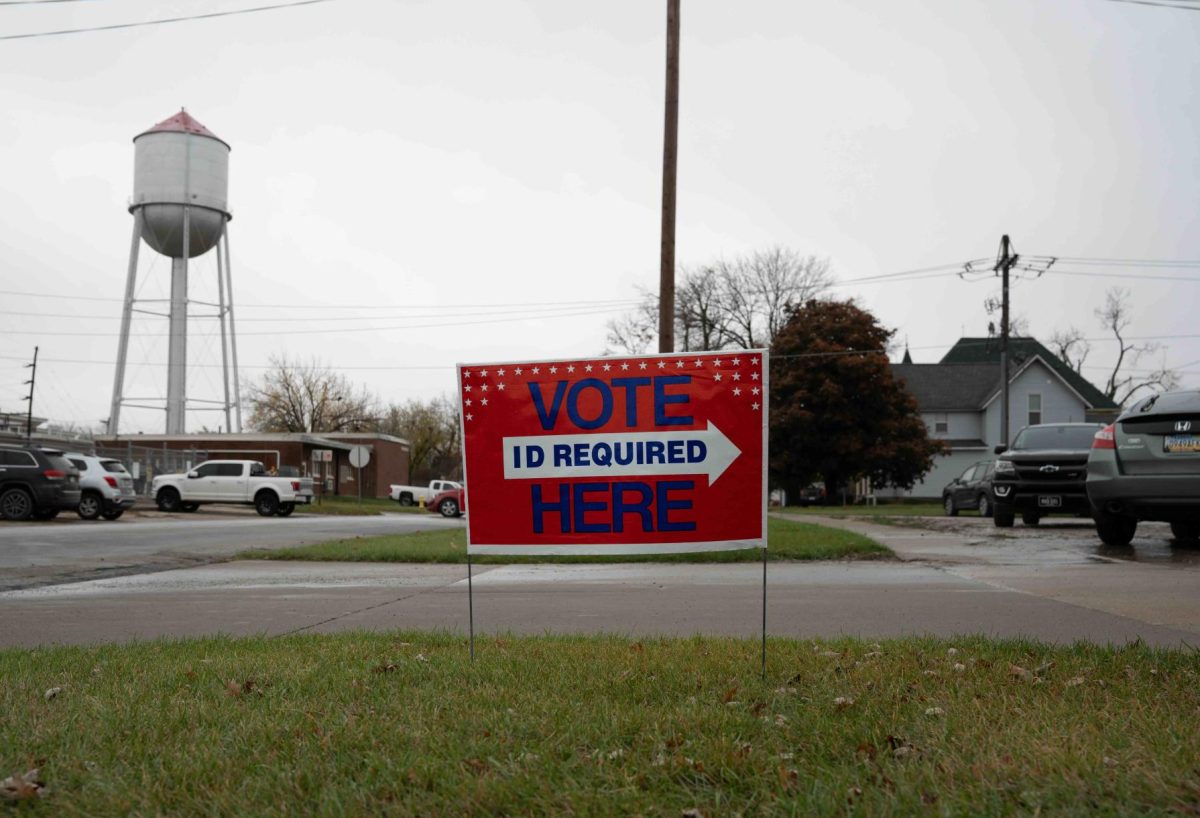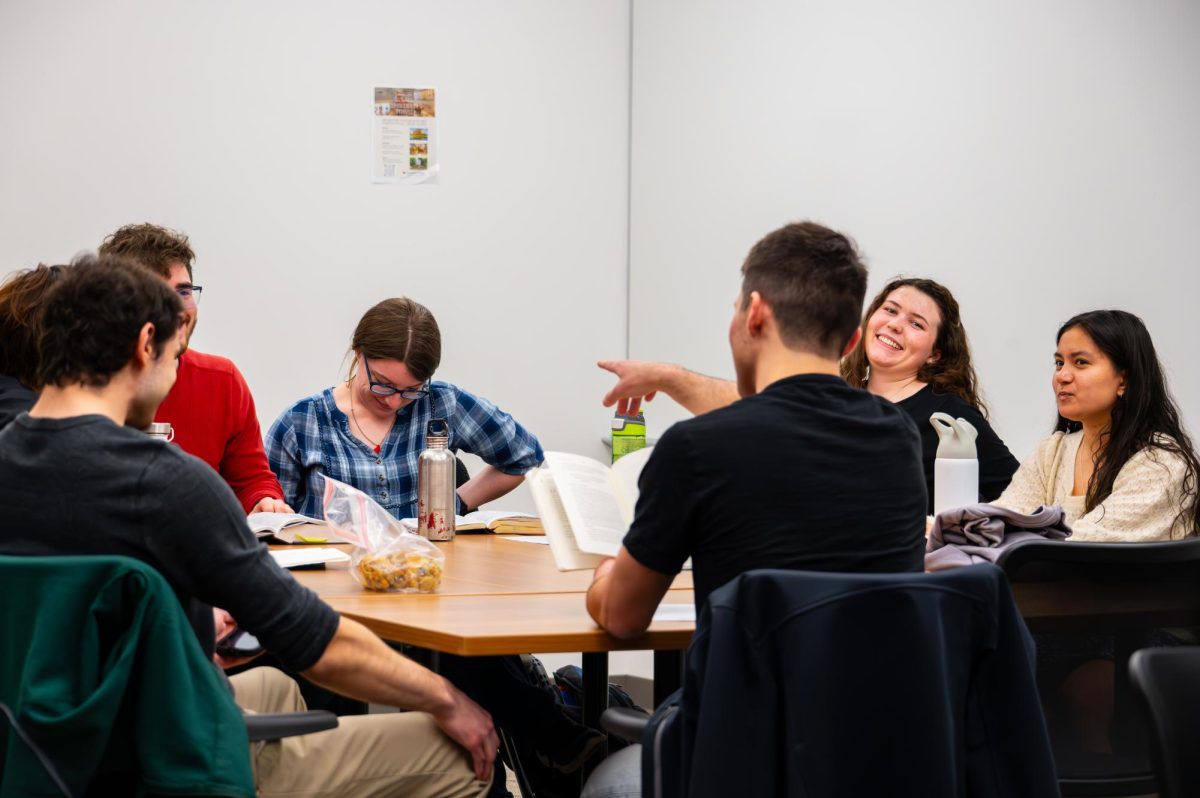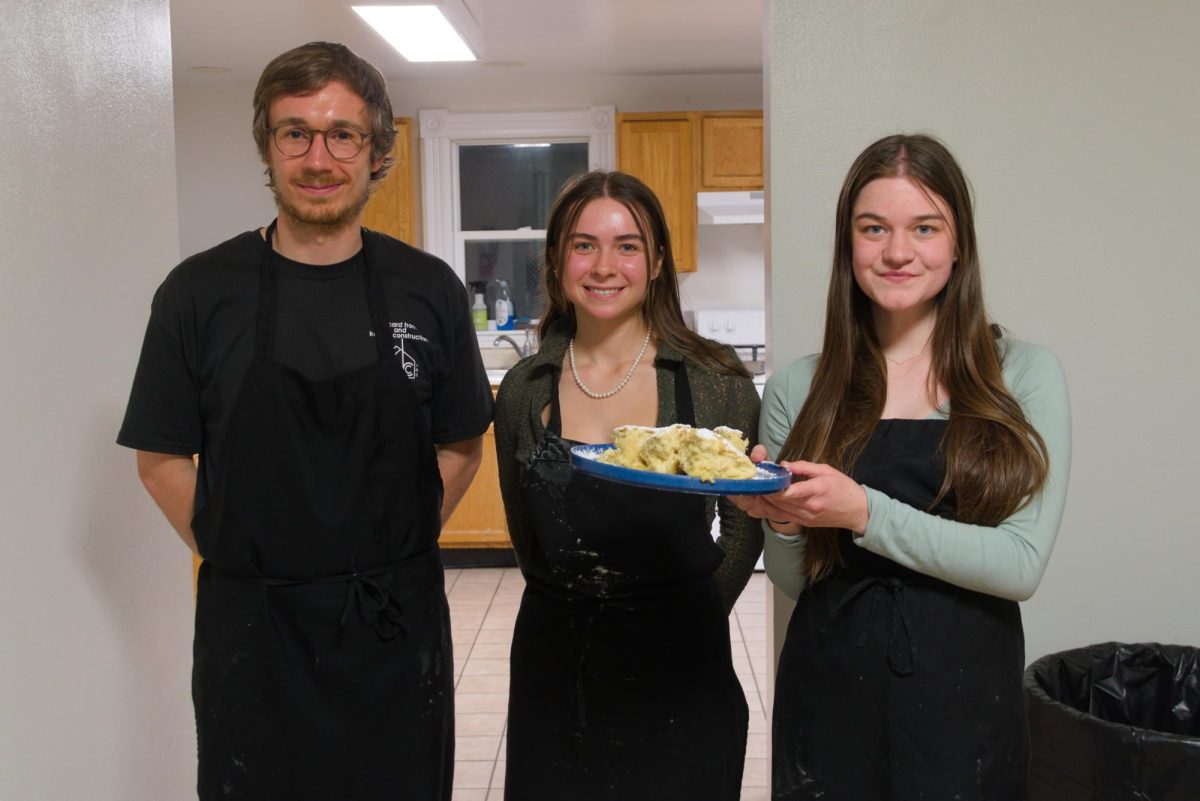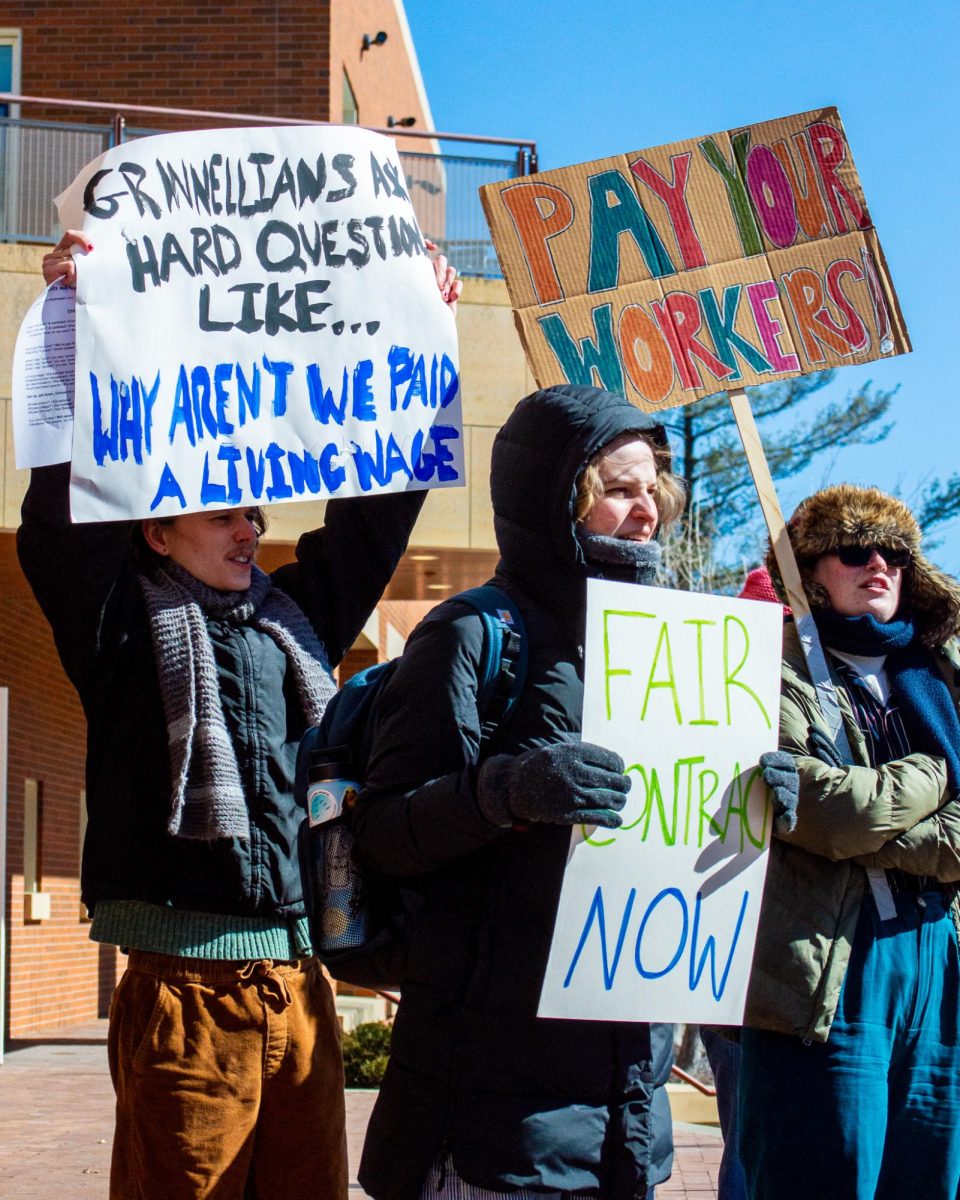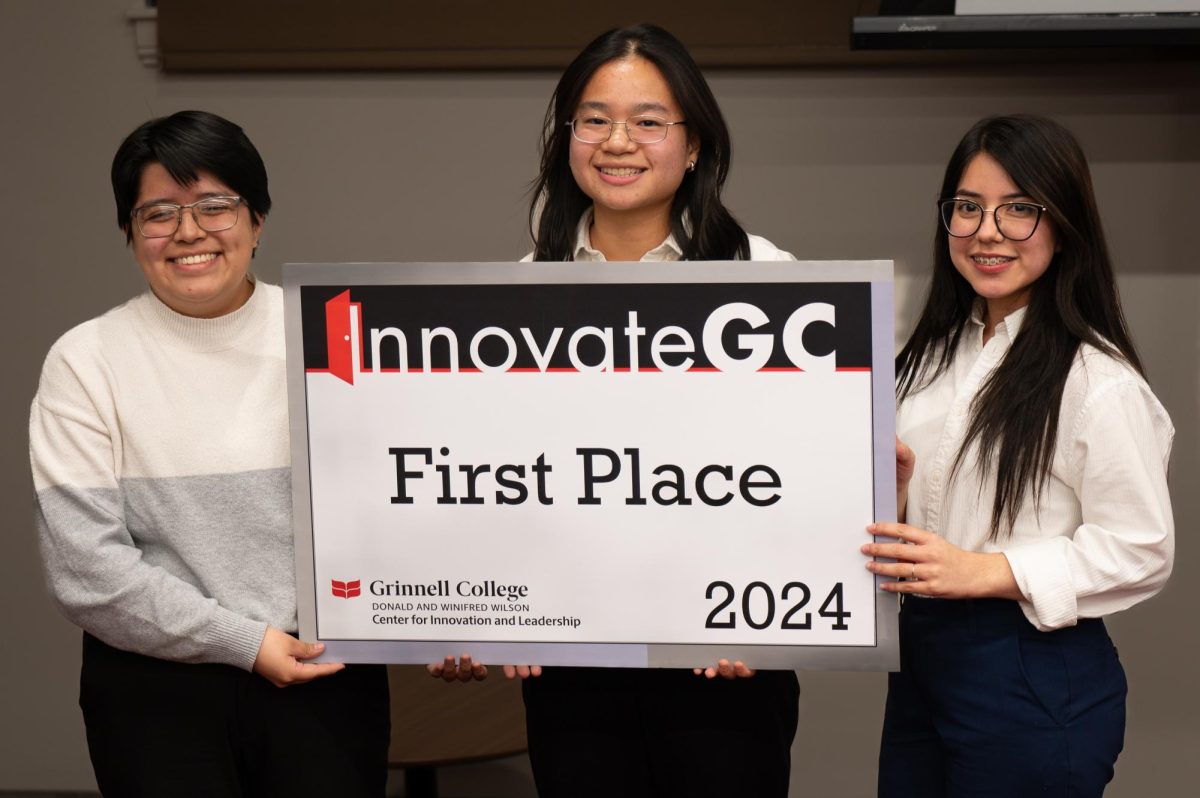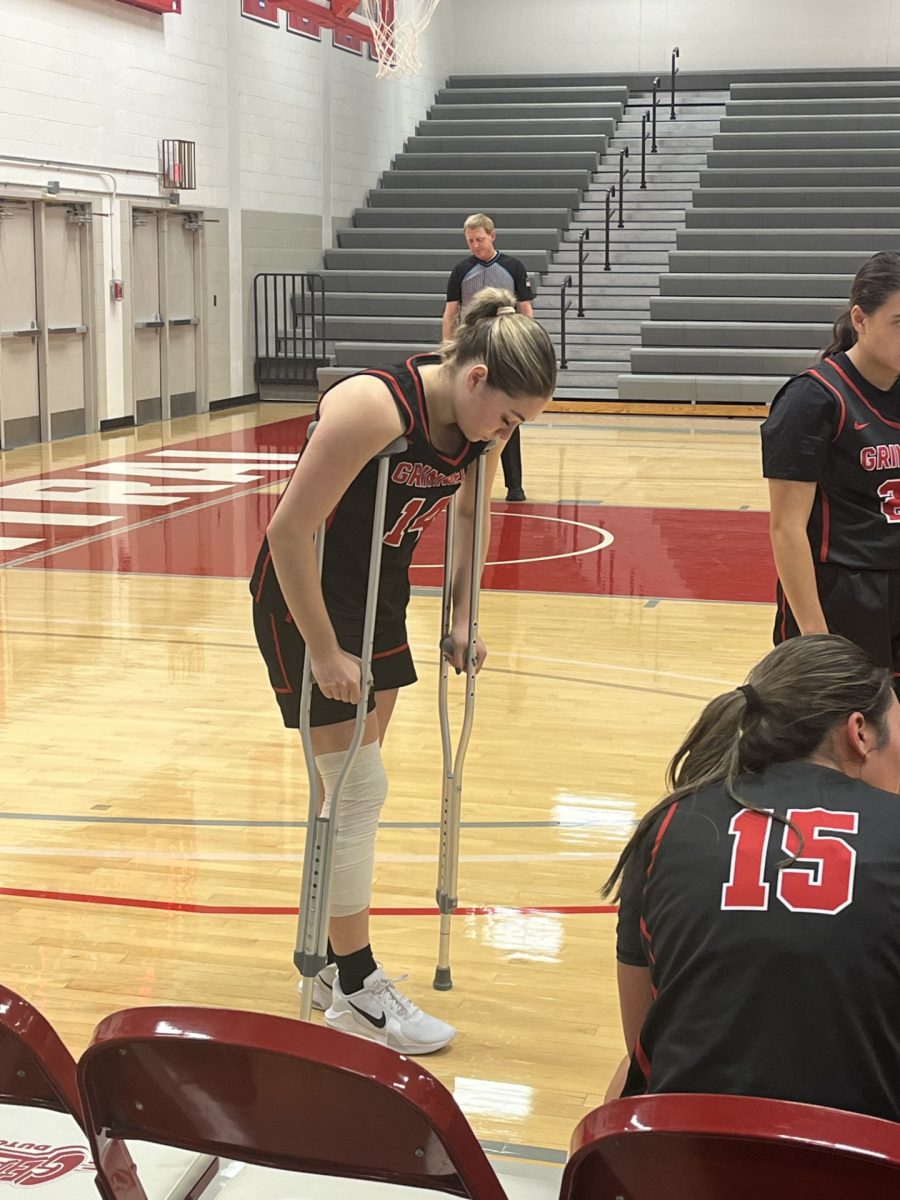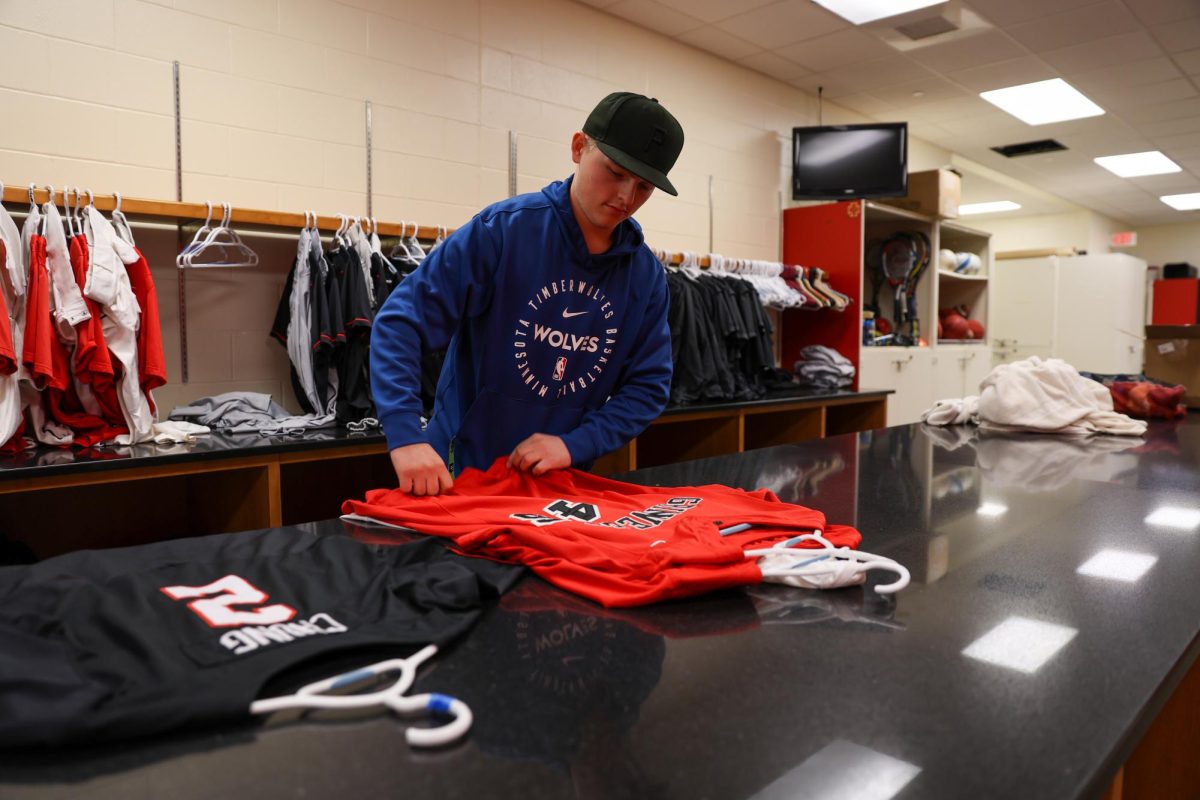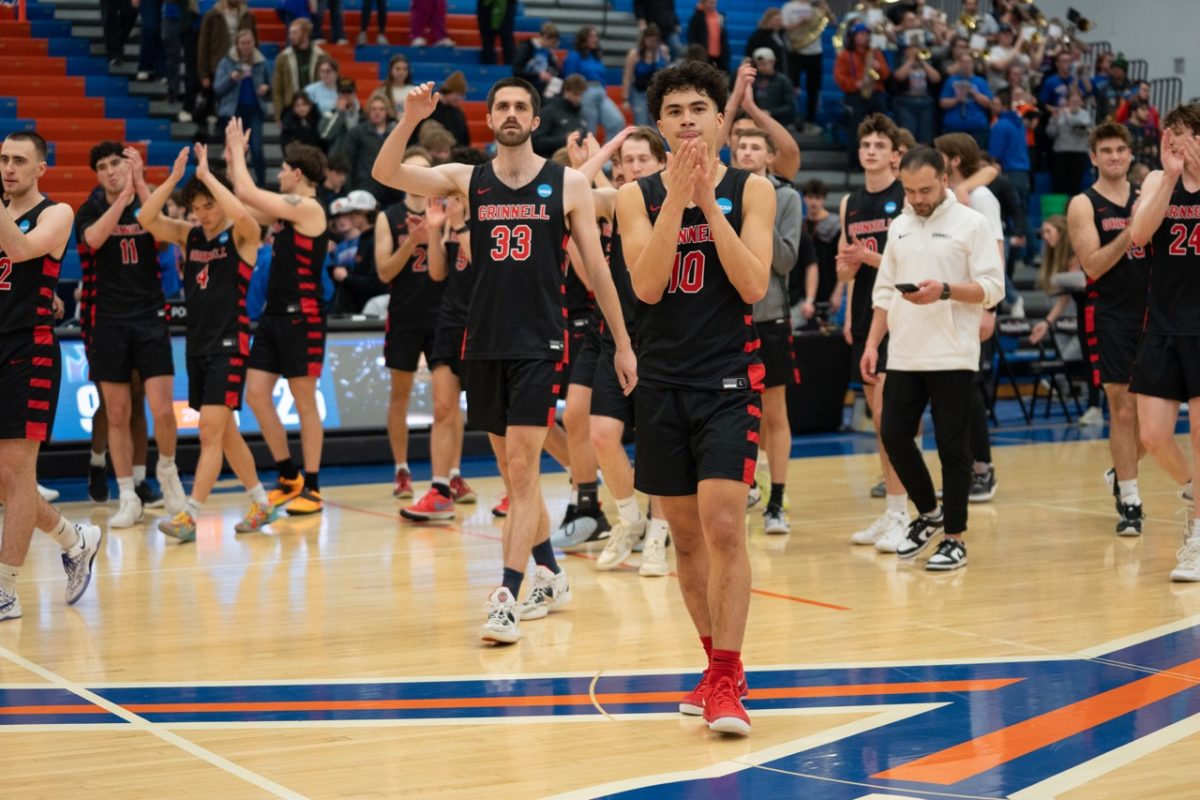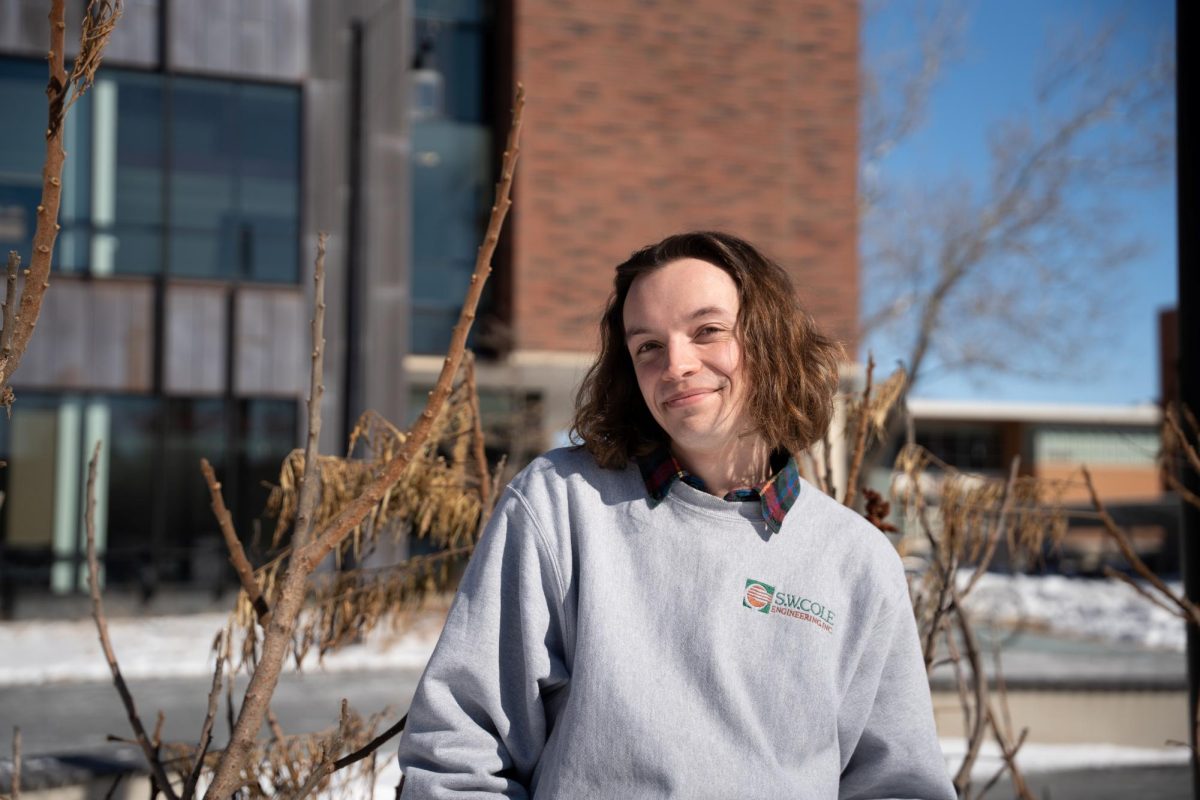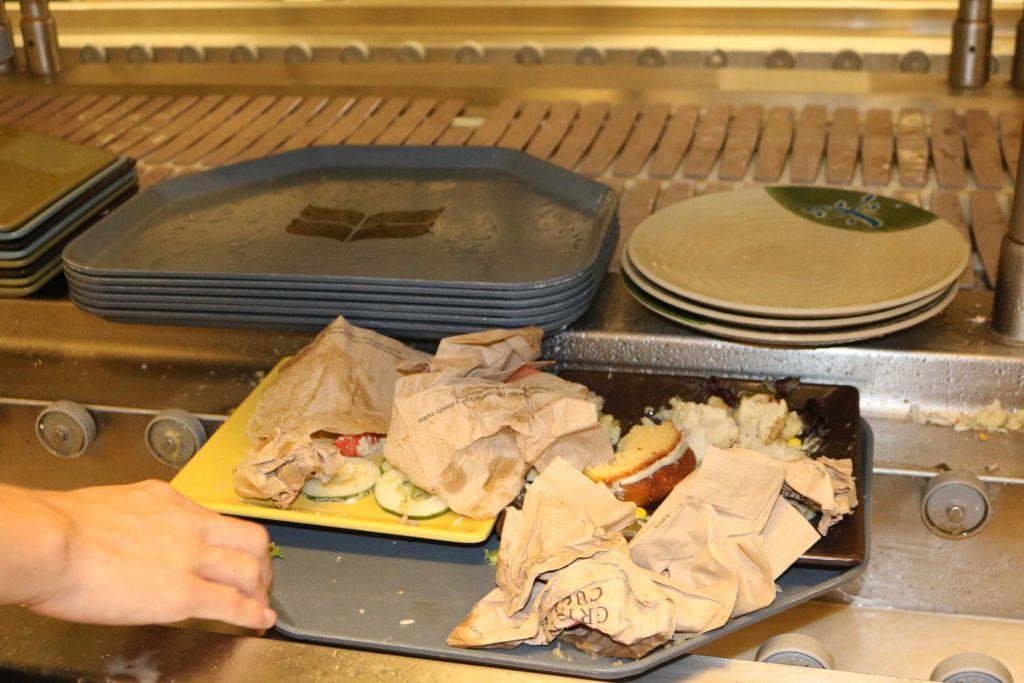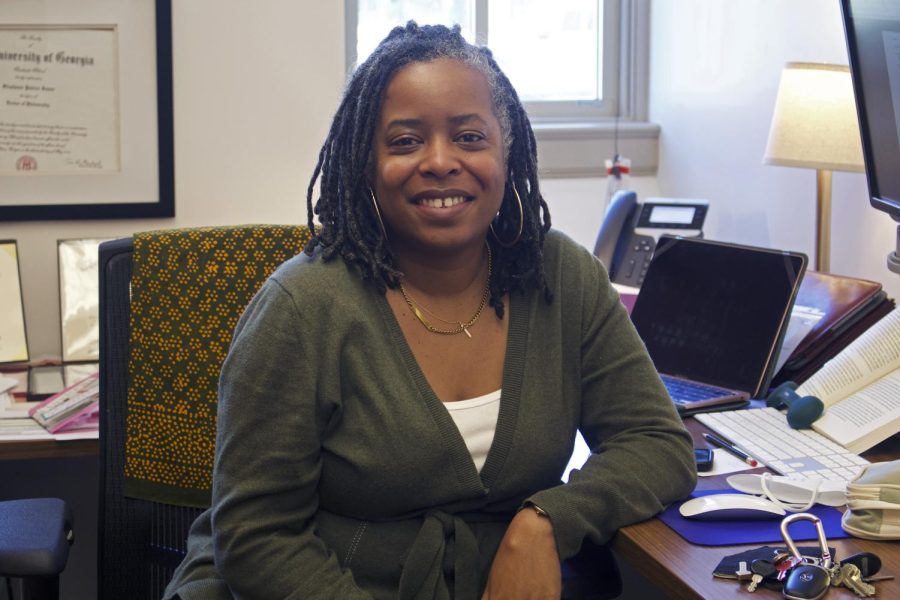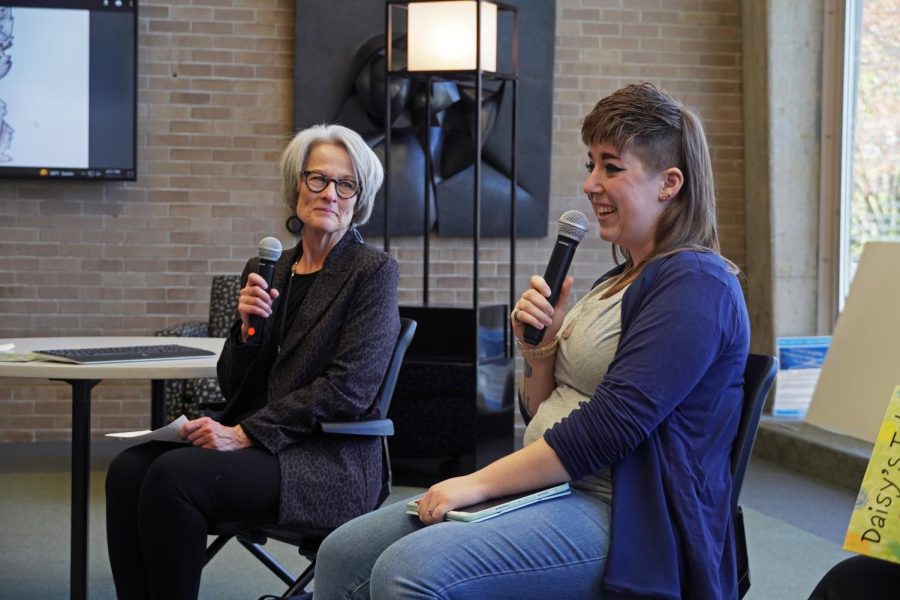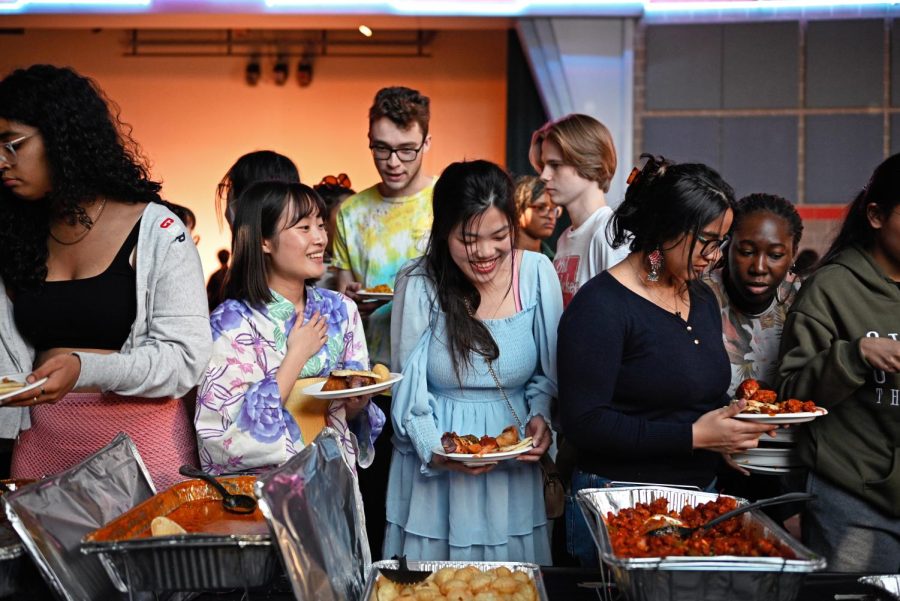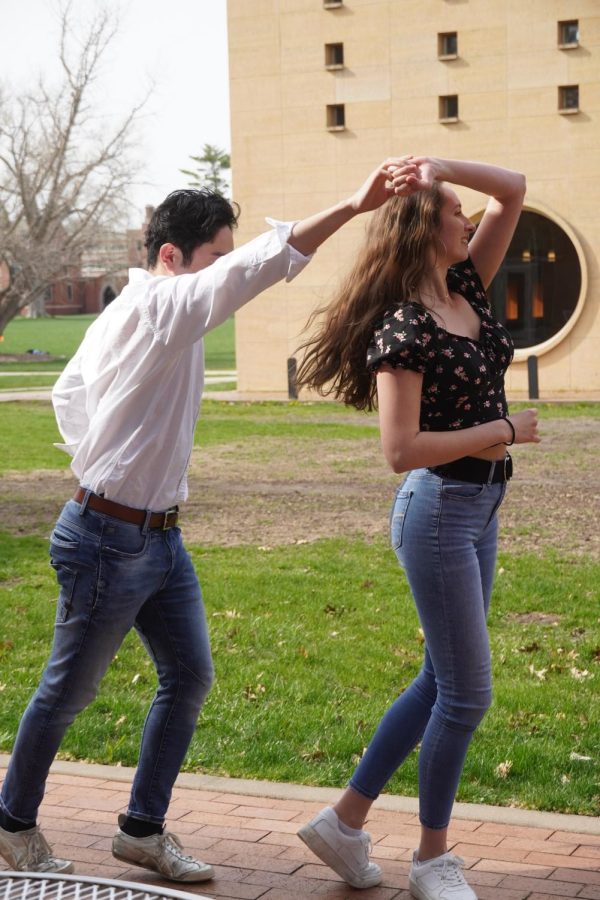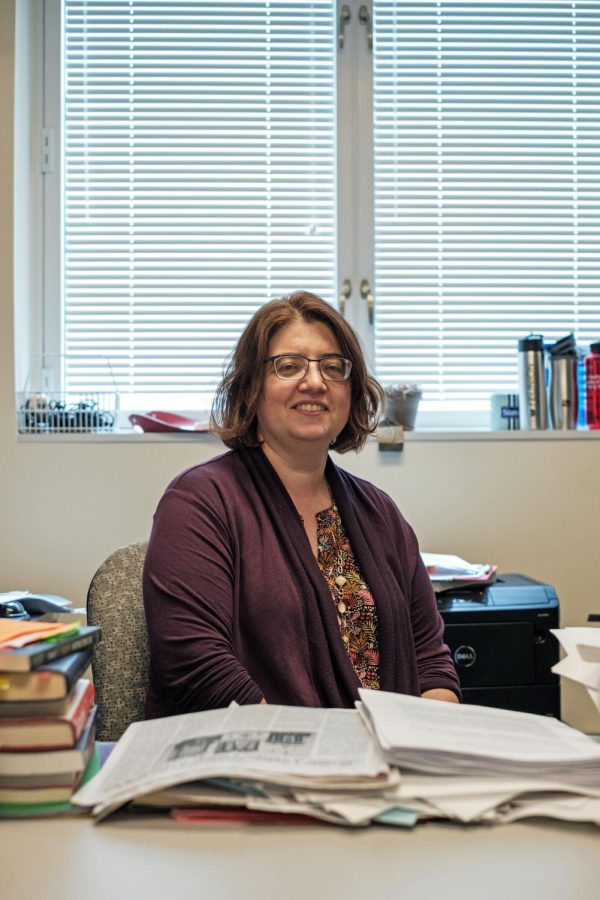The Grinnell chapter of the Food Recovery Network (FRN) is re-starting operations this fall after a COVID-induced hiatus. With increased concerns around food safety, hygiene and social contact, the fight against food waste has shifted to uncharted territory.
The FRN is a national organization that works to get food that would have been thrown out of dining spaces, specifically college dining halls, to food-insecure people in the surrounding communities. The Grinnell chapter was founded in 2013 by Dylan Bondy `16, and has been operating since then, barring a hiatus during the COVID-19 pandemic. At present, Kendra Bradley and Emily Wunsch, both class of `22, co-lead the FRN at Grinnell.
Prior to the pandemic, Tess Kerkhof `21 ran the FRN. Excess food would be collected from the dining hall, put into reusable plastic containers and delivered to First Presbyterian Church, Grinnell’s local collection point. From there, food-insecure members of the community could collect food buffet-style from large serving containers. While at present the collection process remains the same, the food is now distributed in pre-packaged meal containers and delivered straight to the homes of people who need it.
The uncertainty around when and if students would return to campus along with the fewer number of students in residence meant that the College served much less food during the pandemic than before. In addition, the health concerns around COVID-19 forced the College to implement stricter control on food distribution, resulting in additional challenges to the students who were still determined to get food to the people who needed it.
“To me, it was frustrating that they were just throwing out thousands of pounds of food throughout the pandemic,” says Wunsch, who, along with Bradley, got involved with FRN due to these concerns.
Several logistical measures they proposed to streamline the process of food collection from the Dining Hall, such as storing the collected food in fridges in the Dining Hall, were unable to be implemented by Dining Services administration, who cited health and liability concerns.
“It doesn’t have to be this hard,” said Wunsch. “It’s very contradictory on the part of the college that is always talking about sustainability and community outreach and social justice. … We’re just trying to get something started that is exactly in alignment with their values.”
Despite the challenges faced during the pandemic, the wider Grinnell community was able to continue the fight against food waste, albeit on a smaller scale. Dave Cranson, a Grinnell resident who assists the Food Recovery Network, worked throughout the pandemic to collect food from HyVee, Walmart and other local institutions to distribute a total of 12,140 pounds of food to an average of 61 individuals per week.
COVID-19-related disruptions aside, the current leaders of the Food Recovery Network are optimistic about what it can accomplish in the near future. “There’s so much potential for growth,” says Bradley, citing the large number of students who have expressed interest in volunteering.
“Food scarcity is such a big deal in the community, and something that we don’t realize here in the college, in our bubble. I think [food] is a great means through which to connect with people in the community,” said Bradley. “Everyone’s hungry.”

